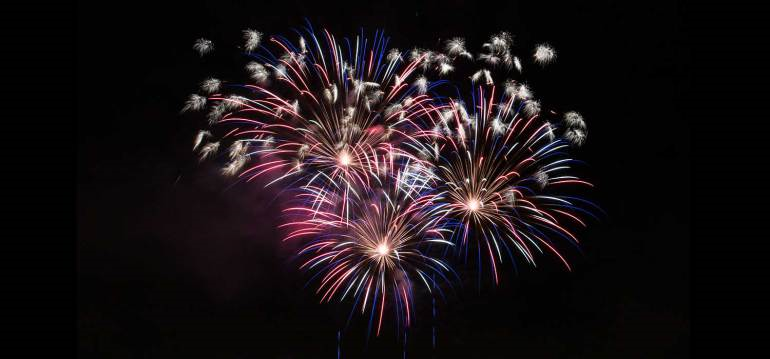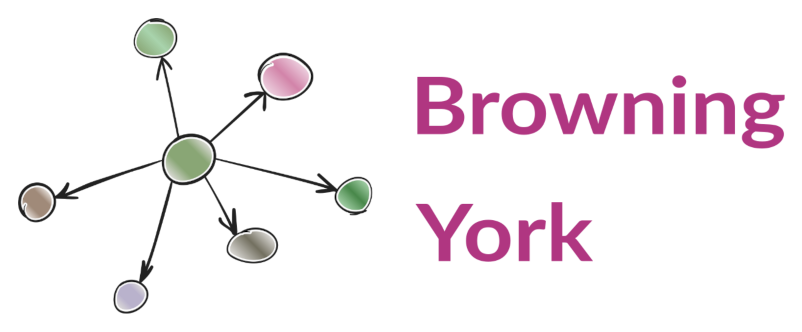 A few years ago, my sister lived in America for a while. She and her husband moved to San Francisco Bay for his job in the tech industry. They made some good friends, loved the area and enjoyed the Californian sunshine. But one thing they found tricky was when their new American friends asked them what Fireworks Night is all about.
A few years ago, my sister lived in America for a while. She and her husband moved to San Francisco Bay for his job in the tech industry. They made some good friends, loved the area and enjoyed the Californian sunshine. But one thing they found tricky was when their new American friends asked them what Fireworks Night is all about.
“Well, a very long time ago, a man called Guy Fawkes tried to blow up the King of England and the Houses of Parliament. It was called the Gunpowder Plot,” said my sister, feeling pleased that she had remembered some details. “He was discovered, tried and sentenced to death – and every year we celebrate by having firework displays….” This was sounding a bit weird now and she couldn’t be sure why we celebrate: is it the fact that Guy Fawkes’ plan was thwarted and the King was saved or that we are delighted that he even tried? When she remembered that she could tell them about ‘penny for the guy’ and burning an effigy of a man on the bonfires, she decided it was time to change the subject….
I suspect that the reason we celebrate Bonfire Night has long since been forgotten by most people who go along to a grand fireworks display or have a few sparklers in their back garden. We might tell our children about a man called Guy Fawkes, but, like my sister, get a bit vague and change the subject when pressed for more detail. The real fun of the night is seeing the sky lit up by beautiful fireworks, oohing and aahing at the pretty colours and eating toffee apples with friends. It’s just something that we do as part of British culture and, as a mass event, it’s good to take part and be with our communities, large or small.
In the same way, organisations will have events and rituals that always happen, even though people may no longer be sure exactly why. Signing a birthday card for Mark in Accounts, even though you’ve only met him once or twice at the vending machine, or having a team lunch at the pub on the corner on pay day are examples of small rituals that we take part in because that’s how it has always happened. There are also bigger events, such as annual off site meetings to discuss strategy, or the CEO’s Christmas drinks party that everyone goes to and talks only to the friends they came with over a few sausage rolls and a glass of punch.
Whatever the rituals are at your organisation, they will be part of your story. The stuff that makes you you. It doesn’t always matter why these things started happening in the first place. If they bring people together, help to make them feel part of something and contribute to a feeling of engagement, they are worth doing, even if there aren’t tangible, measurable outcomes. Of course, it’s also true that sometimes you need to review these events and see if they are still adding value to your people and your organisation – I’m sure the witches’ ducking stool was once considered an important part of British culture, but that doesn’t make it something we want to hold on to….
Until next time
Sarah
